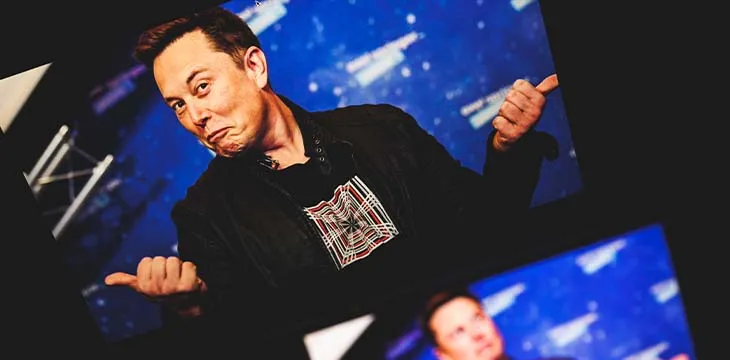|
Getting your Trinity Audio player ready...
|
Twitter (NASDAQ: TWTR) has launched a lawsuit in Delaware that seeks to force entrepreneur Elon Musk to buy the company for U.S.$44 billion.
Just a couple of months ago, in April 2022, the same company had been scrambling for ways to block Musk’s takeover bid. Musk later backed out of the deal, claiming the amount of fake/bot accounts on Twitter represented a far higher percentage of its traffic than the company had claimed. This was a misrepresentation of Twitter’s market value at the time he made the offer, he said.
Twitter filed the suit with the Chancery Court of the State of Delaware on July 13, claiming Musk’s repudiation of the April buyout deal “follows a long list of material breaches by Musk that have cast a pall over Twitter and its business.” The suit acknowledged Musk as one of Twitter’s most popular and prolific users, but added:
“Having mounted a public spectacle to put Twitter in play, and having proposed and then signed a seller-friendly merger agreement, Musk apparently believes that he — unlike every other party subject to Delaware contract law — is free to change his mind, trash the company, disrupt its operations, destroy stockholder value, and walk away.”
Two days ago, Musk had responded to the threat of a lawsuit in the most Twitter way possible—by posting a series of memes mocking the company.
— Elon Musk (@elonmusk) July 11, 2022
At the time of writing, he hadn’t reacted to the formal suit, and was instead tweeting footage of SpaceX’s latest Starship rocket test.
Starship launch site tonight pic.twitter.com/Len70RGCNf
— Elon Musk (@elonmusk) July 13, 2022
It’s the latest development in a public saga now involving the richest man in the world, U.S.$44 billion, one of the internet’s best-known social networks, and even a former President of the United States. Just a decade ago, the very thought of this would have sounded bizarre, or like the synopsis of a comedy sketch. However it’s the 2020s, an era that would be difficult to explain to someone from the 20th century in both fact and concept.
After quietly accumulating the largest percentage of Twitter’s shares, Musk had initially offered to buy 100% of them at U.S.$54.20 each. This was higher than Twitter’s market price at the time, and since Musk backed out of the deal it has tanked further. Its shares are currently worth around $36.80.
Musk’s meme-response suggests he may have made the takeover play as part of a strategy to force Twitter to lay bare its fakeness in court. Twitter’s grievance may be legitimate in the business sense—after all, the bad publicity has likely affected its share price—but for Musk, even if he loses, he will still end up owning the company.
And the part about the former U.S. president? It’s Donald Trump of course, who chimed in on the social network he owns, Truth Social, to say he “called it early” that Musk would pull out of the Twitter deal after finding the $44 billion price tag “exorbitant.” Trump has his own beef with Twitter, launching Truth Social after Twitter deleted his account in January 2021, while he was still the sitting President. Though Truth Social has gained some public recognition, it’s populated mainly with accounts owned by Trump’s remaining fans.
Trump’s comments later degenerated into a posting spat with Musk (on separate platforms) over who Musk had voted for in the last election, and whether he’d groveled to Trump in the Oval Office.
Though the story reflects our ridiculous times well, it also points to the amount of money and power involved in operating one of the world’s most influential social networks. For all the internet’s promise of openness and freedom, Twitter is a prime example of how the vision became corrupted.
After spending a decade accumulating its influence, Twitter flexed its muscles by censoring posts and accounts that dared to contradict official mainstream media narratives on several topics. These have included the COVID-19 pandemic, climate change, the 2020 U.S. presidential election, gender identity politics, and… well, pretty much whatever Twitter wishes.
This is not the way the internet was supposed to work, and represents a big problem with centralized, account-based online publishing. The only way forward is a model for the internet where users own and manage their own data, and decide how much of it they’ll share with everyone else.
Watch: BSV Global Blockchain Convention panel, Blockchain Venture Investments: Driving Utility for a Better World
https://www.youtube.com/watch?v=HNy92DwO3EY

 07-04-2025
07-04-2025 





